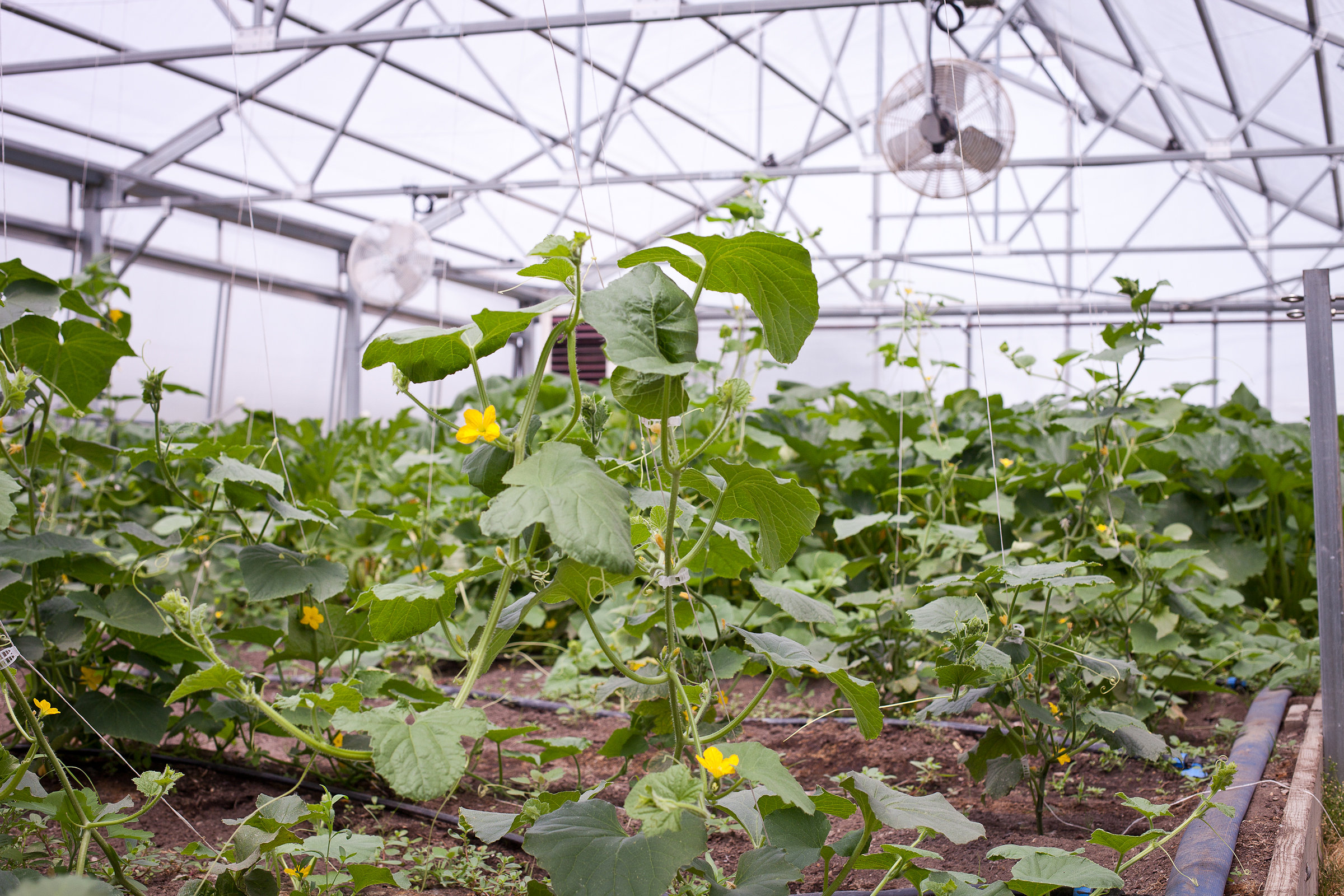Fair Food Fund: Closing the Farm-to-Table Gap
November 11, 2014
Source: Sustainable America
Author: Amy Leibrock
A new local food financing fund seeks to support the "middleman"

In the quest for a more sustainable food system in America, a lot of attention is paid to supporting small farmers through CSAs and farmers markets. These direct-to-consumer markets are great, but it turns out that they aren’t the only way to help small farms survive. There is also a new crop of developing businesses that utilize the food farms produce, whether they are processing it for resale or using it as ingredients to produce new products.
The Fair Food Fund, a new program from Fair Food Network, is hoping to help these businesses thrive by providing financing and business help for this often overlooked sector of the food system.
We talked to its program director, Alex Linkow, to learn more about how the Fair Food Fund works and why it’s important to support the “middleman.”
Sustainable America: What is the Fair Food Fund?
Alex Linkow: While Fair Food Network programs like Double Up Food Bucks are building demand for local food, the Fair Food Fund program is working on different aspects of redefining food systems. It focuses on rebuilding the infrastructure that connects small to midscale farms with the growing demand for local, healthy and sustainably grown food.
Through partnership with a private foundation we are able to provide financing and business assistance to middle-of-the-supply-chain food system businesses that support farm viability in the northeastern United States.
We focus primarily on supporting businesses like value-added producers of local food, so yogurt makers, cheesemakers, artisanal grain mills, businesses that are buying produce and processing produce and selling it to retailers and institutions. We also support farm-to-table distribution businesses and other types of businesses in the middle of the supply chain and will provide financing between $50,000 and $250,000 at this point.
SA: Why are you focusing on the middle of the production stream businesses?
AL: When we originally started the research that led to the creation of the Fair Food Fund, our CEO Oran Hesterman went out with a colleague and conducted some initial research. He talked to folks like Gary Hirshberg, the founder of Stonyfield, and Kathleen Merrigan, the former deputy secretary of the USDA, and Tim Griffin the director of Tufts University’s agriculture, food and environment program, among others. A theme that bubbled up from the initial research was what we really need now to support farm viability in a region is an investment in the infrastructure that connects farms with the growing demand for local and regional sustainably produced food.
That infrastructure as we think about it largely consists of processing, distribution and marketing of local food.
We saw other lenders and investors focused on either end of the supply chain. There are a number of entities both public and private that are doing microloans and larger loans to farmers directly through the Healthy Food Financing Initiative. There are also a number of entities that are focused on supporting, for example, grocery stores in low-income communities on the other end of the supply chain. We really saw the gap in the middle.
SA: Besides funding, how else does the Fair Food Fund support these types of businesses?
AL: We also provide business assistance through our Business Boot Camp program, a three-day intensive program that we piloted in partnership with Jay Friedlander, chair of Green and Socially Responsible Business at College of the Atlantic, and who spent many years as a natural foods entrepreneur himself. It’s hosted by Babson College in Wellesley.

At our first boot camp last fall, we brought together five food system businesses from throughout the region to help them improve business plans, improve their storytelling, better understand their financials, better understand their customers, and ultimately pitch their businesses to a panel of investors for a $10,000 prize.
That prize was to be used for consulting services for our other business assistance program called the Consulting Corps. Through that program, we pair entrepreneurs with local consultants to help them improve their business plans, improve their marketing strategies, put together food safety plans, improve their financial management systems and more. The goals are to help them build their own entrepreneurial and organizational capacity and to help build the financing pipeline both for the Fair Food Fund and other like-minded lenders and investors.
SA: Can you give an example of a business you’ve made a loan to?
AL: We are excited to share that Fair Food Fund just closed on a loan to Maine’s Northern Girl, which collects and processes surplus root crops from area farmers to sell year-round to consumers and institutions. The $230,000 loan is supporting Northern Girl in equipping its new processing facility to scale production and help grow their business. It’s tough to imagine a better mission-fit for the fund than our work with Northern Girl, which is simultaneously supporting a local good food enterprise, vibrant working farms and resilient local food economies.
SA: What are some of the crucial things that businesses need that can make or break their success?
AL: What we’re seeing is that money and financing is not enough. Financing often times needs to be paired with business support services. So what we’re really trying to do through the Business Boot Camp and Consulting Corps programs is to build entrepreneurial capacity in the food system. There are many activities that entrepreneurs can benefit from, and we’re flexible in terms of the activities that we support. It ranges from business planning to developing marketing strategies to improving financial management. I think what’s most important is for entrepreneurs to recognize their strengths and weaknesses, and then we try to help the entrepreneurs fill the gaps. Because ultimately no one succeeds alone. But the question is always what is the most effective way that we can help. That’s what we spent a lot of time analyzing.
SA: How can businesses get involved in your programs? Who are you interested in hearing from?
AL: We’re interested in hearing from operating businesses that are supporting farm viability in the northeastern United States, which includes Maine, New Hampshire, Vermont, Massachusetts, Rhode Island, Connecticut, New York, New Jersey and Pennsylvania. Especially if they’re looking for financing, we would love to have a conversation with them.
We are also actively planning for our 2014 Business Boot Camp, which will again be hosted by Babson College December 2-4. We will be distributing the request for applications in early fall.
Dig Deeper
Learn more about the Fair Food Fund at fairfoodnetwork.org/fairfoodfund or email Fund program Director Alex Linkow at alinkow@fairfoodnetwork.org







